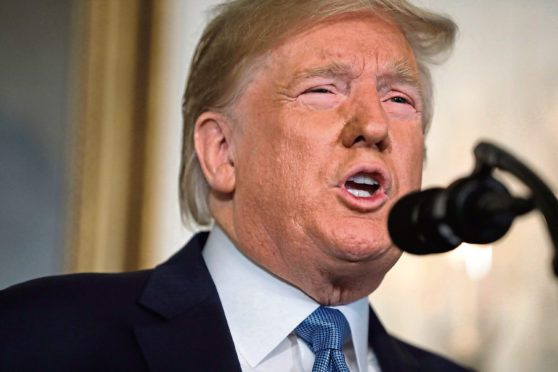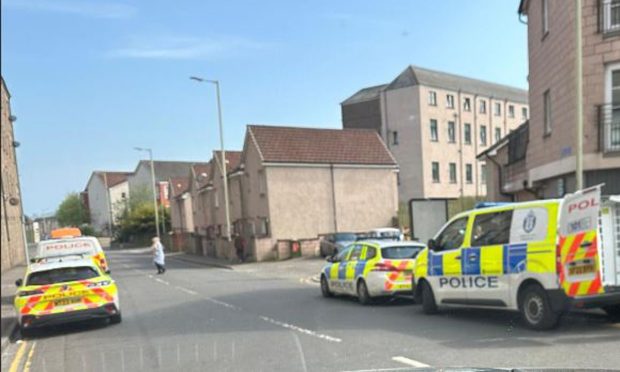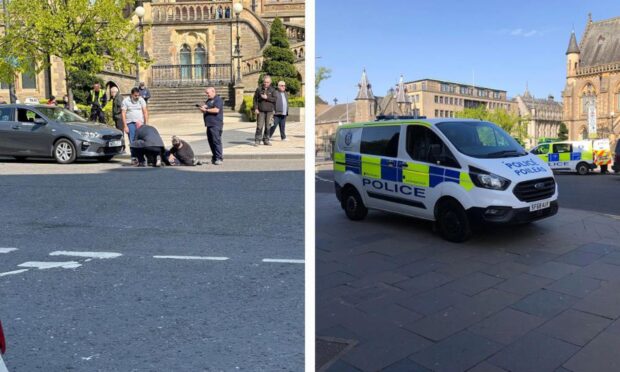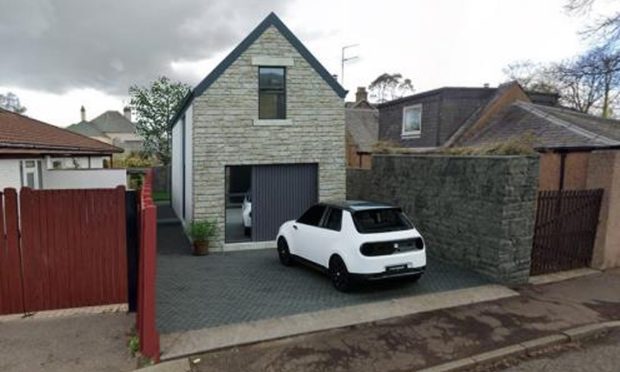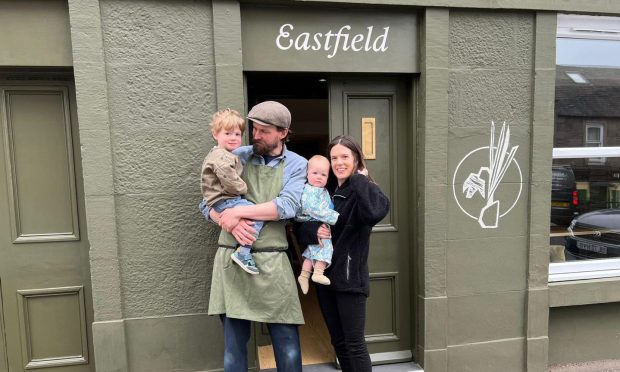Johnny Cash shot a man in Reno just to watch him die. I did the same thing just because I’m impressionable.
Complete poppycock, of course. Johnny Cash didn’t kill anyone – although he did, famously, lose a fight to an ostrich – and neither did I.
Not real people, anyway: over the past 30 years I have killed thousands, if not millions, of virtual characters in computer games and never once have I thought about replicating my onscreen activities in the real world.
But that hasn’t stopped Donald Trump from trying to pin the blame on the latest mass shootings in the US on violent video games.
By that reckoning, Dundee should be the most violent city on Earth.
Not only is this tiny city on the Tay at the heart of the video games industry in Scotland, it’s also the birthplace of Grand Theft Auto, the most violent, amoral video game of them all.
If you are a president dog whistling warnings about an army of immigrants trying to storm the southern borders of the US and a lunatic then kills 22 people to stop a Hispanic takeover of Texas, blaming video games is probably one of the only moves left to make if you don’t want to admit any culpability.
Games are not the first cultural artefact to take the blame for real-life violence, either. Over the years everything from punk rock, video nasties, subversive novels and rap music have been blamed for outbreaks of violence.
While these things are all readily available worldwide, the US is the only country in the world where mass shootings are commonplace, happening on an almost daily basis this year.
In Scotland the name Thomas Hamilton will live forever in infamy and New Zealanders will never forget the name Brenton Tarrant. Yet the names of the latest shooters in the US will be forgotten as soon as another mass killing takes place.
The solution for the US is simple: greater gun control that would limit the ability of those who wish to do harm to others from inflicting it on such a grand scale.
Drawing the poison from US politics, which is leaking from the White House pustule, will be much more difficult.
The bitter irony of all this, however, is that if video games are not responsible for causing the violence in the US, many video gamers are, indirectly, responsible for Trump.
Five years ago a “movement” called Gamergate sprang up, a particularly noxious phenomenon that, under the guise of attacking corruption in games journalism, saw disaffected white, male gamers target women and minorities working in the industry with, among other things, death and rape threats.
One of the biggest figures in this movement was Milo Yiannopoulos, a sort-of Walmart Katie Hopkins and the type of man who felt extremely threatened by a remake of Ghostbusters starring women instead of men.
He was one of the biggest stars on the alt-right “news” website Breitbart run by Steven Bannon, the man who helped catapult Trump to power by capitalising on the same feckless rage that powered Gamergate and who has recently been advising our own Prime Minister Boris Johnson.
Trump and Gamergate were both responses to perceived threats to white, male identity. It’s no coincidence the El Paso shooter posted his manifesto on 8Chan, the Gamergate web forum of choice, before carrying out his killings.
The murders of 22 people in El Paso last weekend are inevitable when hate-filled movements collide with easy access to firearms.
Video games are nothing more than an escape for Trump from that reality.
The right to protest
A pro-life cam paign group, The Society for the Protection of Unborn Children, pitched its tent in Dundee city centre this week.
Many of its claims are not so much scientifically dubious as completely fictitious but it has every right to campaign, even if it risks offending those who believe women should have the right to choose what happens with their bodies.
Those who are on that side of the pro-choice argument will not be surprised to learn that SPUC Scotland is led by a man.
Whatever happened to Paul?
Thursday was the 50th anniversary of one of the most famous photographs in popular culture: Dundee snapper Iain MacMillan’s shot of The Beatles on the Abbey Road zebra crossing.
It was also the 50th anniversary of the bizarre conspiracy theory that Paul McCartney had died and been replaced by a bass-playing ringer, a secret that could be confirmed by careful scrutiny of clues on the Abbey Road album cover.
Fortunately, Sir Macca is, half a century later, still happily with us.
